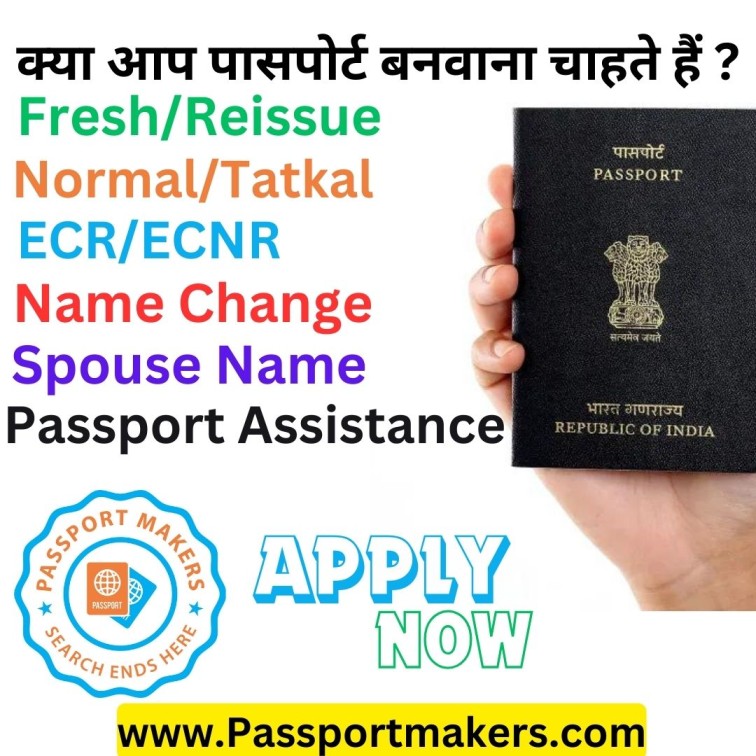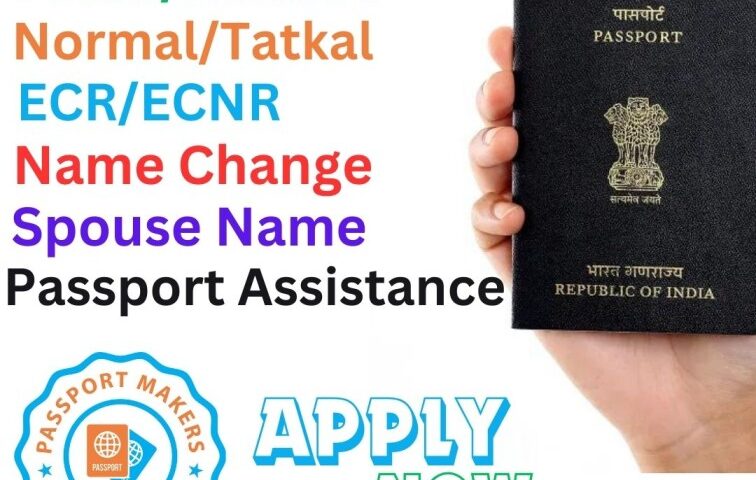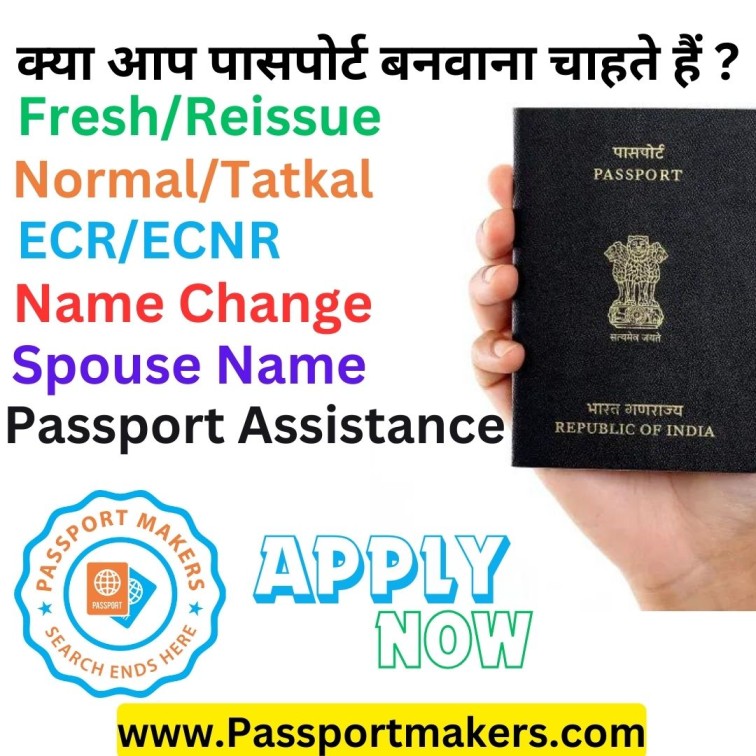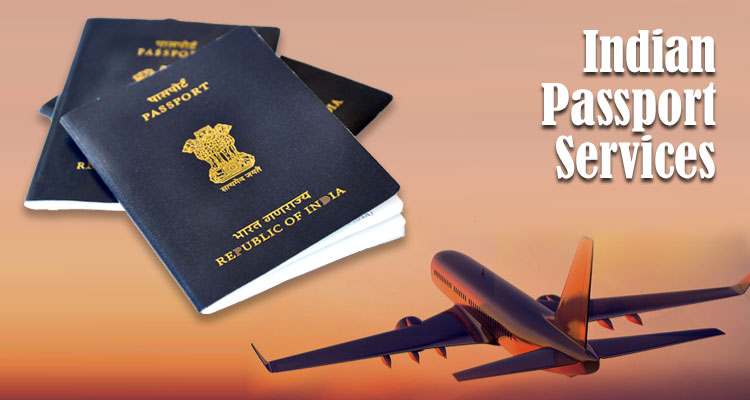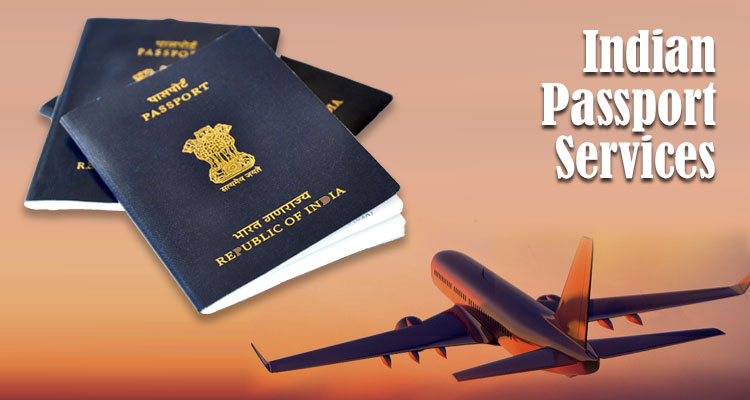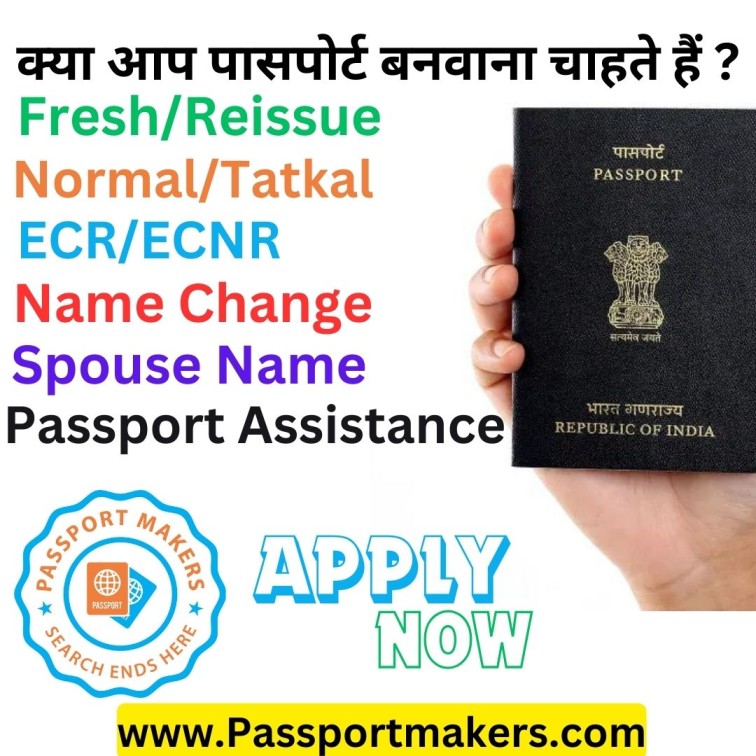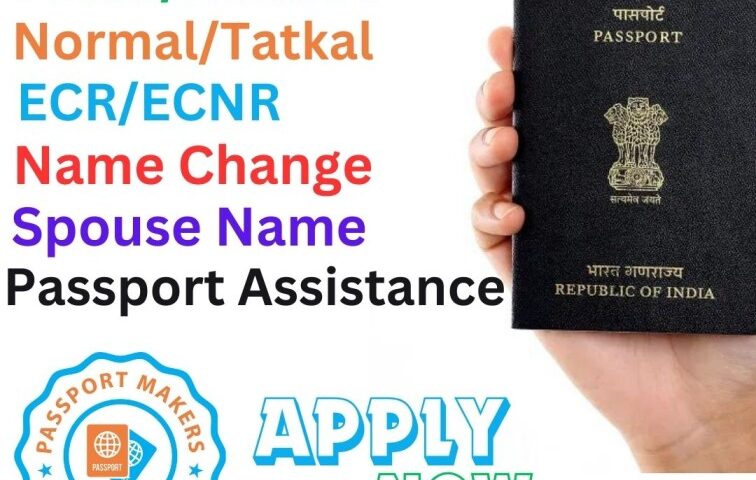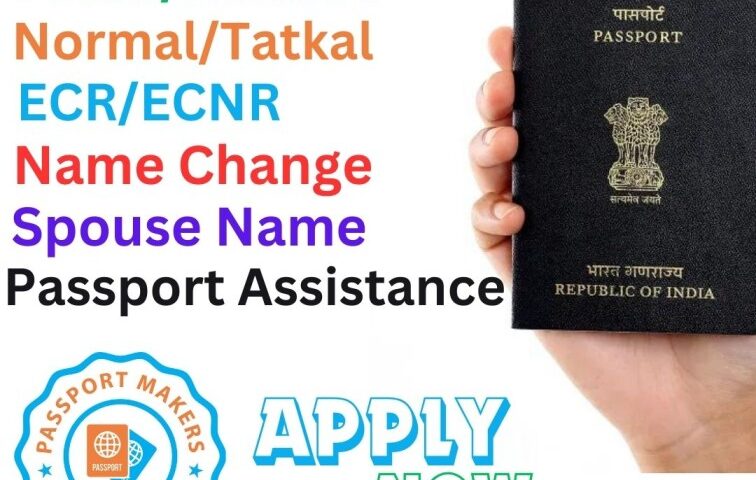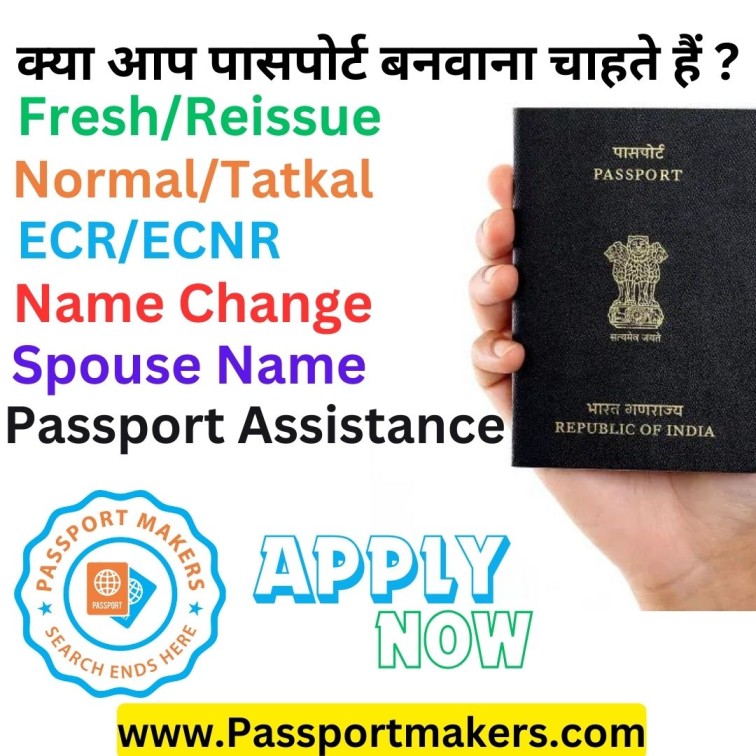
Is the US About to Kick YOU Out? A Survival Guide to Avoiding Deportation (Don’t Get on That Plane!)
Is the US About to Kick YOU Out? A Survival Guide to Avoiding Deportation (Don’t Get on That Plane!) Deportation from the United States is a nightmare scenario for anyone living or traveling within its borders. The consequences can be devastating, impacting your life, family, and future. While no one can guarantee absolute immunity from the complexities of immigration law, understanding the grounds for deportation and taking proactive steps can significantly reduce your risk. This comprehensive guide serves as a survival manual, outlining common reasons for deportation and offering practical advice on how to stay on the right side of the law.
KNOW MORE
Understanding the Deportation Game: What Can Get You in Trouble? Is the US About to Kick YOU Out? A Survival Guide to Avoiding Deportation (Don’t Get on That Plane!)
The US immigration system is complex, and even seemingly minor infractions can trigger deportation proceedings.1 Here are some of the most common grounds for deportation:
- Criminal Convictions: This is the most frequent cause of deportation.2 Convictions for a wide range of crimes, from serious felonies to certain misdemeanors, can lead to deportation, even if you have a green card.3 The specific crimes that trigger deportation are complex and vary, so consulting with an immigration attorney is crucial if you have any criminal record. Even a DUI can sometimes have immigration consequences.Is the US About to Kick YOU Out? A Survival Guide to Avoiding Deportation (Don’t Get on That Plane!)
- Immigration Violations: Overstaying your visa, entering the US illegally, or violating the terms of your visa can all lead to deportation.5 Keeping meticulous records of your visa status and adhering to its conditions is paramount. If you’ve overstayed, even by a day, consult an immigration attorney immediately as there may be limited options available. Is the US About to Kick YOU Out? A Survival Guide to Avoiding Deportation (Don’t Get on That Plane!)
- Fraud or Misrepresentation: Providing false information on immigration applications, such as marriage fraud or misrepresenting your identity, is a serious offense that can result in deportation.6 Honesty and accuracy are essential in all immigration-related dealings. Is the US About to Kick YOU Out? A Survival Guide to Avoiding Deportation (Don’t Get on That Plane!)
- Public Charge: If you become primarily dependent on government assistance, such as welfare or Supplemental Security Income (SSI), you could be deemed a “public charge” and face deportation.7 This is particularly relevant for those seeking to adjust their status to a green card. Is the US About to Kick YOU Out? A Survival Guide to Avoiding Deportation (Don’t Get on That Plane!)
- Security Concerns: Individuals deemed a threat to national security, such as those involved in terrorism or espionage, can be deported. Is the US About to Kick YOU Out? A Survival Guide to Avoiding Deportation (Don’t Get on That Plane!)
- Failure to Maintain Status: If you are in the US on a student visa, you must maintain your student status by attending classes and adhering to the terms of your visa. Failure to do so can lead to deportation. Similarly, other visa categories have specific requirements that must be met. Is the US About to Kick YOU Out? A Survival Guide to Avoiding Deportation (Don’t Get on That Plane!)
- Removal Order: If an immigration judge issues a removal order against you, you must leave the US. Failure to comply with a removal order can have serious consequences.
Playing it Safe: How to Minimize Your Deportation Risk
Staying out of trouble with immigration authorities requires vigilance and a thorough understanding of your rights and responsibilities. Here’s how to minimize your risk:
- Know Your Visa Status and Expiration Date: This is the most basic yet crucial step. Always be aware of your visa status and its expiration date. If your visa is about to expire, take steps to renew it before it expires. Don’t wait until the last minute. Is the US About to Kick YOU Out? A Survival Guide to Avoiding Deportation (Don’t Get on That Plane!)
- Comply with Visa Requirements: Adhere to the specific conditions of your visa. If you are a student, attend classes regularly. If you are a visitor, don’t engage in activities that are prohibited by your visa. Is the US About to Kick YOU Out? A Survival Guide to Avoiding Deportation (Don’t Get on That Plane!)
- Keep Accurate Records: Maintain meticulous records of your immigration documents, including your passport, visa, I-94 arrival/departure record, and any other relevant paperwork. Make copies of these documents and store them in a safe place, both physically and digitally. Is the US About to Kick YOU Out? A Survival Guide to Avoiding Deportation (Don’t Get on That Plane!)
- Avoid Criminal Activity: This should be a no-brainer. Avoid any criminal activity, no matter how minor it may seem. Even a seemingly small offense can have serious immigration consequences.11
- Be Honest and Truthful: Always be honest and truthful in all your dealings with immigration officials. Providing false information can have severe repercussions.
- Seek Legal Advice: If you have any questions or concerns about your immigration status, consult with an experienced immigration attorney. They can provide you with personalized advice based on your specific situation. Don’t rely on hearsay or online forums for legal advice.
- Don’t Overstay Your Visa: Overstaying your visa, even by a single day, can create significant problems for you in the future.12 If you need to stay longer than your visa allows, apply for an extension before your visa expires.13
- Understand Public Charge Rules: If you are applying for a green card or other immigration benefits, understand the public charge rules and ensure you meet the requirements.
- If Arrested, Exercise Your Rights: If you are arrested, you have the right to remain silent and the right to an attorney. Do not answer any questions without consulting with an attorney.
- Stay Informed about Immigration Laws: Immigration laws and policies can change frequently.14 Stay informed about any updates that may affect you. Follow reputable news sources and consult with an immigration attorney if necessary.
- Document Everything: Keep records of everything related to your immigration status: applications, receipts, correspondence with USCIS, court documents, etc. This documentation can be crucial in proving your case if your status is ever questioned.
- Be Careful with Social Media: What you post on social media can be used against you in immigration proceedings. Be mindful of what you share online, especially anything that could be interpreted as admitting to a crime or violating your visa status. Is the US About to Kick YOU Out? A Survival Guide to Avoiding Deportation (Don’t Get on That Plane!)
- Don’t Assume Anything: Immigration law is extremely complex. Don’t make assumptions about your status or the rules. If you are unsure about something, seek professional legal advice.
- Be Proactive: Don’t wait until you are in trouble to seek help. If you have any concerns about your immigration status, consult with an attorney before any issues arise.
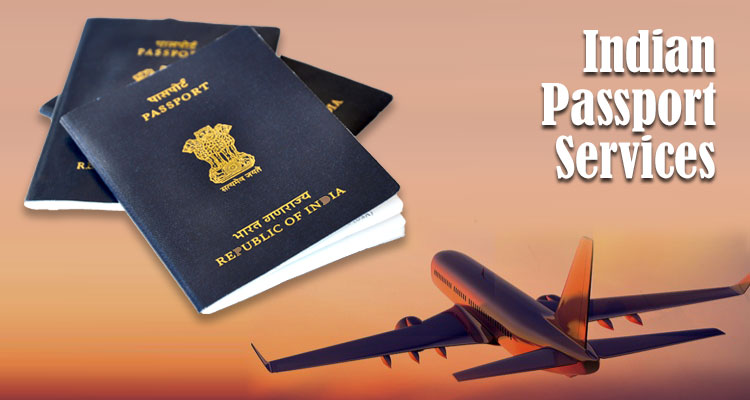

What to Do if You Are Facing Deportation:
If you are served with a Notice to Appear (NTA) in immigration court, it is crucial to act quickly and seek legal representation immediately. An experienced immigration attorney can help you understand your options and represent you in court.15 Do not ignore the NTA, as this will only worsen your situation.
Disclaimer: This information is for general guidance only and does not constitute legal advice. Immigration law is complex and constantly evolving. It is essential to consult with an experienced immigration attorney for personalized advice regarding your specific situation. This information should not be used as a substitute for professional legal counsel. Ignoring immigration laws can have serious consequences, including deportation. Is the US About to Kick YOU Out? A Survival Guide to Avoiding Deportation (Don’t Get on That Plane!)
